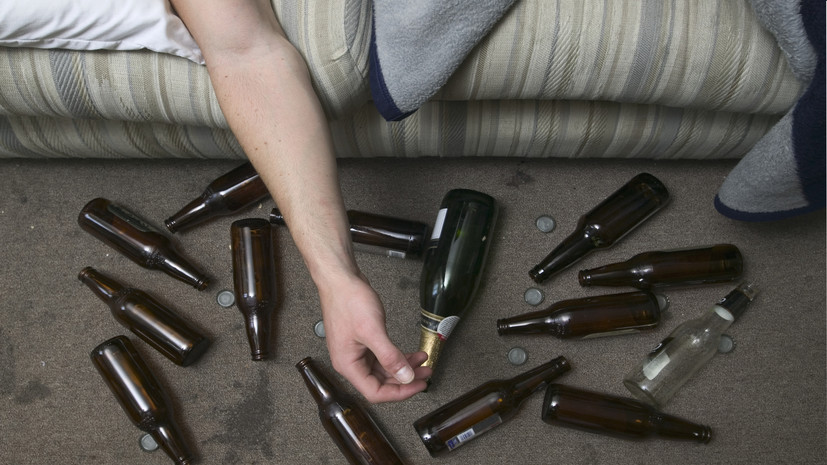"The data provided in the Rosstat report do not give grounds to talk about significant growth. Rather, they can be called insignificant fluctuations, taking into account the given period when there was a pandemic," the expert explained.
During the COVID-19 pandemic, some researchers predicted a significant increase in alcohol consumption, she said.
"However, this did not happen, which was apparently due to the restrictions imposed on the movement of the population, when 'our' patients were more under the control of their families," the specialist added.
She stressed that effective measures are being implemented in the country to reduce the scale of alcohol abuse and prevent alcoholism.
"Successes have also been noted at the international level. For example, a report by the World Health Organization in October 2019 indicated that from 2003 to 2016, registered alcohol consumption in Russia decreased by 40%, unregistered — by 48%, which led to a decrease in mortality in 2003-2018 for men by 39%, among women – by 36%. Within the framework of the 75th session of the UN General Assembly, the Russian Ministry of Health received an award from the WHO for an innovative and comprehensive approach to combating alcohol consumption," the RT interlocutor stressed.
She added that the measures continue to be implemented across the country.
"In December, the government approved a new Concept for Reducing Alcohol Consumption for the Period up to 2030. Its main goals are to reduce alcohol consumption, as well as morbidity, disability and mortality associated with alcohol consumption. The main result of this work should be a decrease in the actual indicators of alcohol consumption per capita. By 2030, it should decrease to 7.8 liters. This will significantly improve public health indicators, and most importantly, improve the quality and duration of life of citizens," Klymenko concluded.
Earlier, the Kommersant newspaper, citing the Rosstat collection "Health Care in Russia-2023", reported that an increase in cases of alcohol dependence was recorded in Russia for the first time in ten years.

